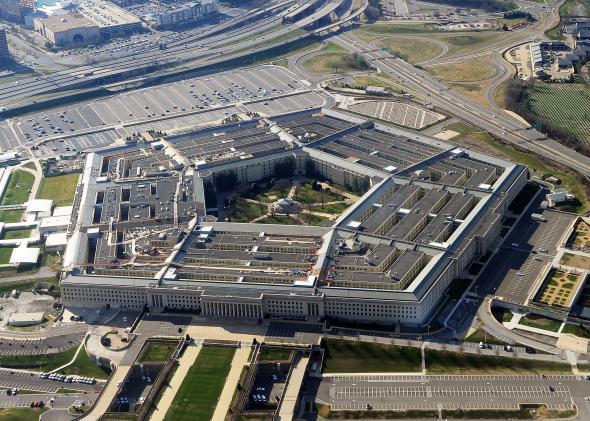The Pentagon is considering a plan to store heavy weapons and equipment in Eastern Europe to reassure allies that Washington has their backs in case of Russian aggression. The equipment, which would include battle tanks and other heavy weapons could supply as many as 5,000 American troops in several Baltic and Eastern European countries. These would represent “a very meaningful shift in policy,” James G. Stavridis, a retired admiral and the former supreme allied commander of NATO, tells the New York Times.
The plan still has to be approved by Defense Secretary Ashton Carter and the White House, but if it moves forward it would mark the first time since the end of the Cold War that the United States has chosen to store heavy military equipment in Eastern Europe. The New York Times was first to report on the plans, but they have since been confirmed by several other outlets, including Reuters and the Financial Times. On Sunday, Poland’s defense minister acknowledged he had discussed the plan with U.S. officials in Washington last month and was told a decision would be made soon, according to Voice of America. Lithuania’s prime minister also confirmed the discussions to Reuters: “The threats to the Baltic region have increased. This has been discussed many times and I view positively (the fact) that talks lead to concrete decisions which, I think, will become a reality.”
Preliminary plans would call for a company’s worth of equipment, or enough for around 150 soldiers, to be stored in Lithuania, Latvia, and Estonia. Enough equipment for around 750 soldiers would be stored in Poland, Romania, Bulgaria, and maybe Hungary. Although the amount of equipment is small compared to what Russia could quickly put together to threaten NATO nations, “it would serve as a credible sign of American commitment, acting as a deterrent the way that the Berlin Brigade did after the Berlin Wall crisis in 1961,” notes the Times.
